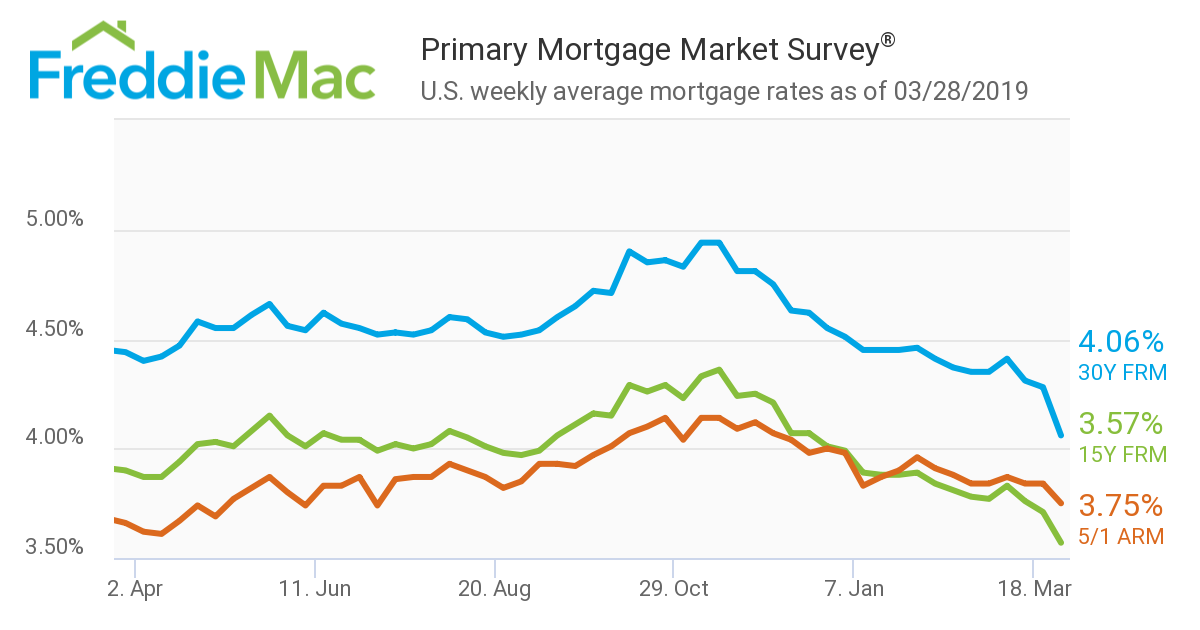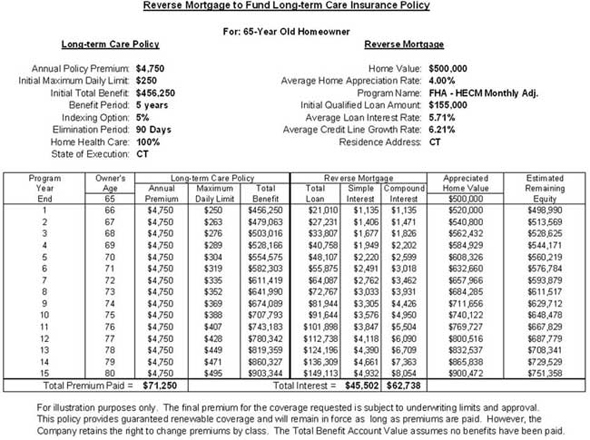A Home Loan Cash Flow Obligation (MCFO) is a type of home mortgage pass-through unsecured general responsibility bond that has a number of classes or tranches. MCFOs use money circulation from a pool of home loans that create revenue to pay back investors their principal plus interest. Payments are gotten from mortgages in the swimming pool and passed on to holders of the MCFO security.
MCFOs do not hold a lien on the home loans held by the security. They are merely obligated by contract to utilize the earnings from the home loans to pay their investors. MCFO owners have no legal rights to the actual hidden home loans, thus MCFOs are riskier than CMOs. Like CMOs, MCFOs are a form of mortgage-backed security developed through the securitization of private property mortgages that draw interest and principal payments from that specific swimming pool of home loans.
Like CMOs, MCFOs plan mortgages into groups with different payment attributes and run the risk of profiles called tranches. The tranches are paid back with home mortgage principal and interest payments in a defined order, with the highest rated tranches coming with credit enhancement, which is a form of defense versus prepayment risk and repayment default.
The stated maturities of MCFO tranches are figured out based upon the date when the last principal from a pool of mortgages is anticipated to be paid off. But maturity dates for these types of MBS do not consider prepayments of the hidden home loan and hence might not be an accurate representation of MBS threats.
CMOs, MCFOs and other non-agency mortgage-backed securities those mortgage bonds not backed by the https://www.topratedlocal.com/wesley-financial-group-reviews government-sponsored business Fannie Mae, Freddie Mac or Ginnie Mae - were at Find more information the center of the financial crisis that resulted in the insolvency of Lehman Brothers in 2008 and led to trillions of dollars in losses on home loan and millions of homeowners losing their houses to default.

In December 2016, the SEC and FINRA announced brand-new guidelines to moisten MBS danger with margin requirements for CMO and related MBS deals.
A Biased View of How To Switch Mortgages While Being
A home mortgage swimming pool is a group of home mortgages kept in trust as security for the issuance of a mortgage-backed security. Some mortgage-backed securities released by Fannie Mae, Freddie Mac, and Ginnie Mae are referred to as "swimming pools" themselves. These are the simplest form of mortgage-backed security. They are also understood as "pass-throughs" and trade in the to-be-announced (TBA) forward market.
Mortgage swimming pools, which are groups of mortgages, tend to have comparable characteristics, such as issuance date, maturity date, and so on. While mortgage-backed securities are backed by mortgage security with similar attributes, collateralized financial obligation obligations are backed by security with varying qualities. An important advantage of home loan swimming pools is that they provide financiers with diversity.
Home loan swimming pools are made up of mortgages that tend to have similar characteristicsfor instance, they will usually have near the same maturity date and interest rate. When a lender completes a home loan deal, it typically sells the home loan to another entity, such as Fannie Mae or Freddie Mac. Those entities then package the home mortgages together into a home loan swimming pool and the home mortgage pool then functions as collateral for a mortgage-backed security.
A CDO is a structured monetary item that swimming pools together money flow-generating assets and repackages this asset pool into discrete tranches that can be sold to investors. A collateralized debt responsibility is named for the pooled assetssuch as home mortgages, bonds and loansthat are basically financial obligation commitments that serve as collateral for the CDO.
Home mortgage pool funds are good for investors looking for real estate exposure since they are a low-risk financial investment that moves separately of a stock and bonds and provide a foreseeable regular monthly earnings. Home mortgage pool fund loans are secured by property and are described as tough money because unlike the majority of bank loans (which rely on the creditworthiness of the customer), tough cash loans consider the value of the underlying home.
Because of their much shorter terms, difficult money loans are less vulnerable to being affected by rate of interest swings, which indicates it is a more foreseeable and reputable capital. Like pointed out above, home mortgage pool funds differ, where some focus on particular home types, while some are more general. These distinction can impact risk and return, so it is very important to investigate the various home mortgage swimming pools before diving in.
A Biased View of What States Do I Need To Be Licensed In To Sell Mortgages
There's nothing much better than marching your back entrance on a hot summertime day and leaping in your own swimming pool. However take care when looking to purchase or refinance a house with a swimming pool. That swimming pool can trigger delays in the home mortgage procedure, or drown your loan application altogether.
Stubrud worked with a client who desired a reverse home loan, however had an empty, aging swimming pool on the home. Reverse home loans follow FHA guidelines, which are particular about pool. "They do not desire it to be a health threat or a safety hazard that there's a big open hole in the ground." So what did the customer do? "How they handled it was that they filled it in," states Stubrud.
The pool stopped to exist. There were no other options for this aging property owner who didn't have the cash to get the pool in working order. However Stubrud says the customer did bring up an alternative concept. "They really wanted to keep it and they were going have this subterranean greenhouse.
Many homeowners think that what's on your residential or commercial property is your organization. While that's partially true, you welcome examination to nearly every inch of a home when you choose to fund it with the lending institution's cash. It's real for FHA loans as well as any other loan type. It boils down to security.
A swimming pool that is a falling danger or is a breeding place for bacteria is a hazard to the health of the occupants. Not to discuss it opens the house owner approximately claims (how to rate shop for mortgages). The very same requirements would apply to things like a missing out on stairs outside the back door, missing out on handrails, or exposed lead-based paint.

Repairing the swimming pool to get it into working order will allow the loan procedure to continue. When buying a house, this might be a challenging circumstance. It's risky to utilize your own funds to make repair work on a home that's not yours yet particularly swimming pool repairs which can range from a couple of hundred to a few thousand dollars - how does bank know you have mutiple fha mortgages.
Things about How To Rate Shop For Mortgages
There might be another way to make repairs, however. "The customer will require to obtain a bid for the essential repair work," states Sarah Bohan, VP of Corporate Relations at MSU Federal Cooperative Credit Union. "If the repairs are scheduled to happen after the closing, the lender will typically request to hold 1.
You receive back any money left over after whatever's done. However do not rely on this option, says Bohan. "Lots of lenders are unable to allow for repair work after the home loan closes because they offer their loans on the secondary market and require to deliver the loan within a set timeframe." Make certain your loan provider enables for repair work after closing prior to you consent to buy a home with a decrepit swimming pool.